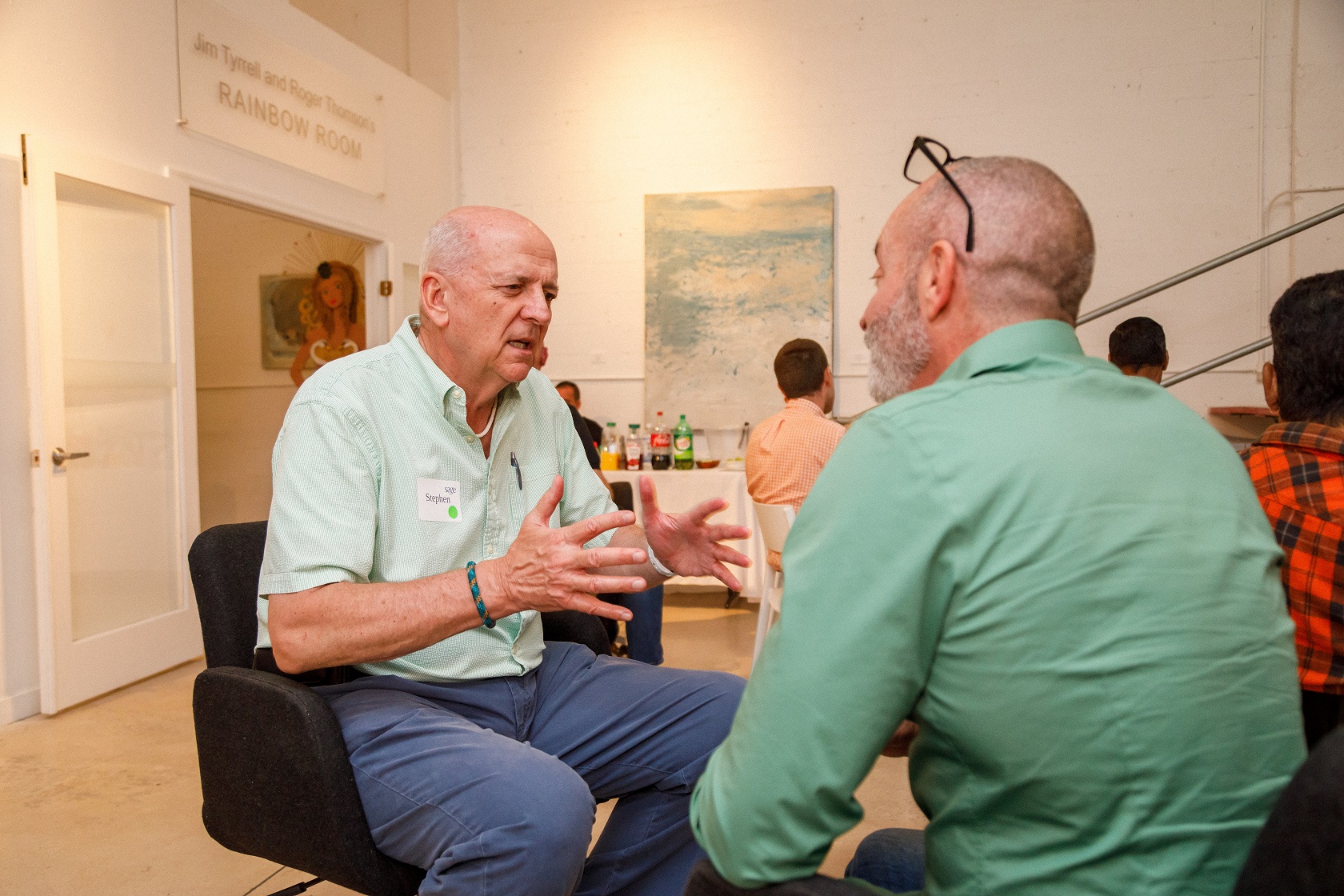by SAGE Communications
In Fall 2019, the SAGE team jetted to Los Angeles and Miami to produce our national LGBT Speed Mentoring program. Just like ‘speed dating,’ a speed mentoring includes facilitated one-on-one conversations and time to mingle. Cue cards prompt conversations about participants’ current projects, goals, and skills in a fun atmosphere with peppy music and tasty food and drinks.
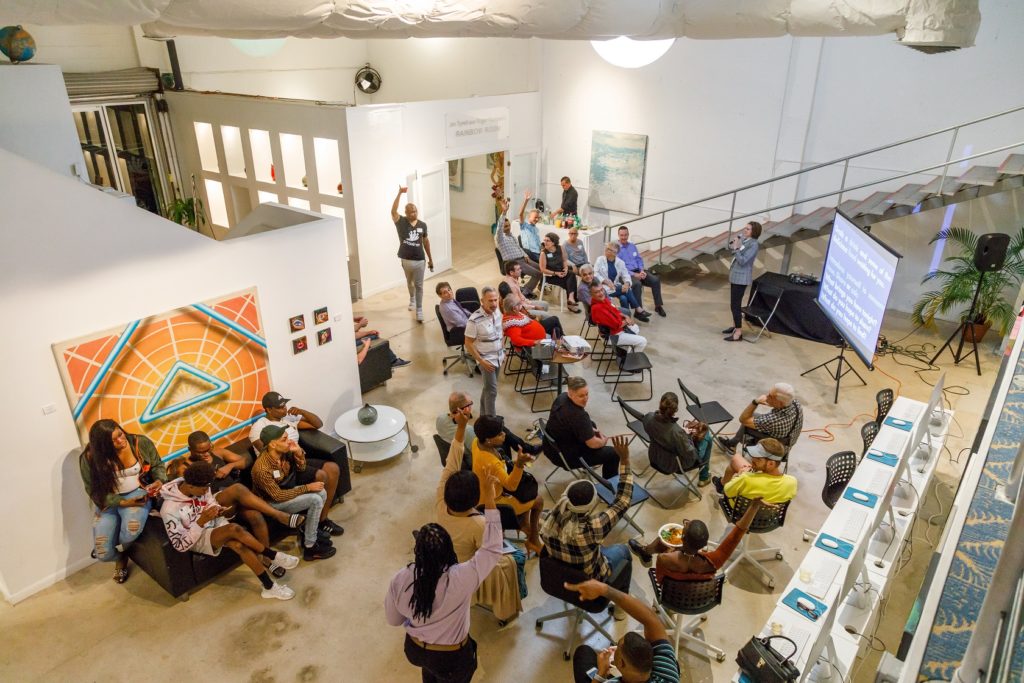
Within two hours, some are exchanging Instagram handles, and others are asking “can you teach me Instagram?” And this is exactly the crux of mentorship: building and maintaining a relationship based on support and mutual growth.
We launched this program as an antidote to the loneliness that impacts so many older people. Whether it is due to losing friends or family to the HIV/AIDS epidemic, growing older without the support of children or biological family, or the fear of having to hide one’s true identity from peers and neighbors, LGBT older adults face increased challenges to build meaningful relationships as compared to our heterosexual and cisgender peers.
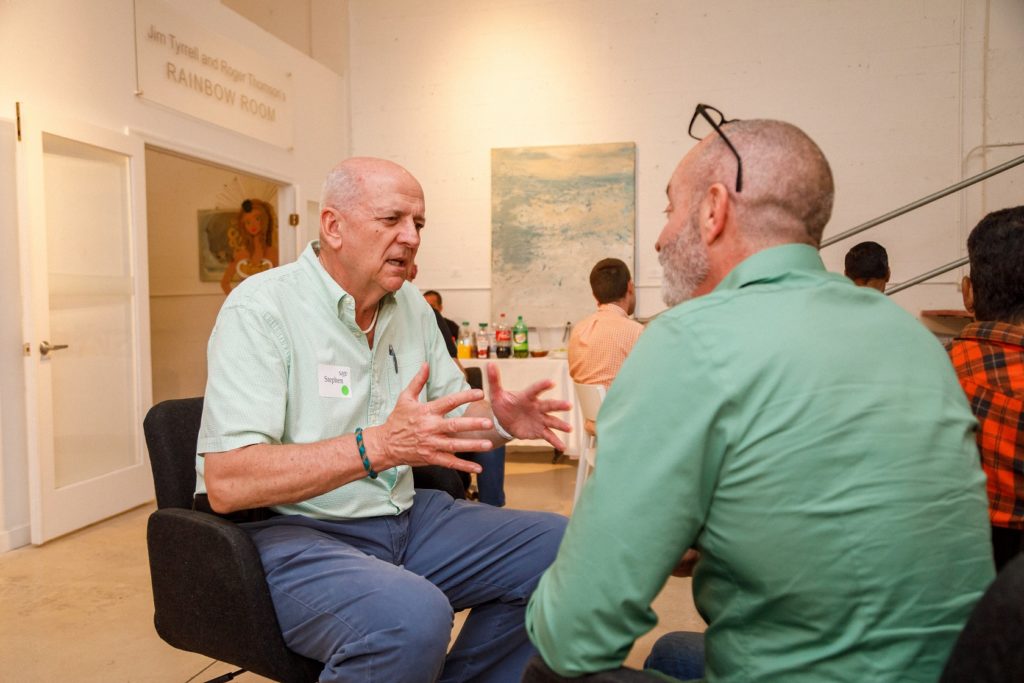
But our LGBT community is no stranger to overcoming challenges. In 2014, SAGE’s groundbreaking “Out & Visible” study of LGBT populations ages 45-75 asked participants how they spend, or foresee spending, their retirement years. One statistic stood out: LGBT elders are twice as likely (as their heterosexual and cisgender peers) to see themselves spending time as mentors. Identifying the opportunity to create a sustainable difference in the lives of the LGBT elders we serve, SAGE took the speed dating concept and applied it to cross-generational relationship building. The result: speed mentoring.
At our speed mentoring events in Los Angeles and Miami, participants as young as 18 and as old as 85 overcame preconceptions, stepped out of their comfort zones, and put themselves out there in a safe and inclusive space. We sat, listened, and learned together. More than just that, we came together in community to offer each other professional and personal support.
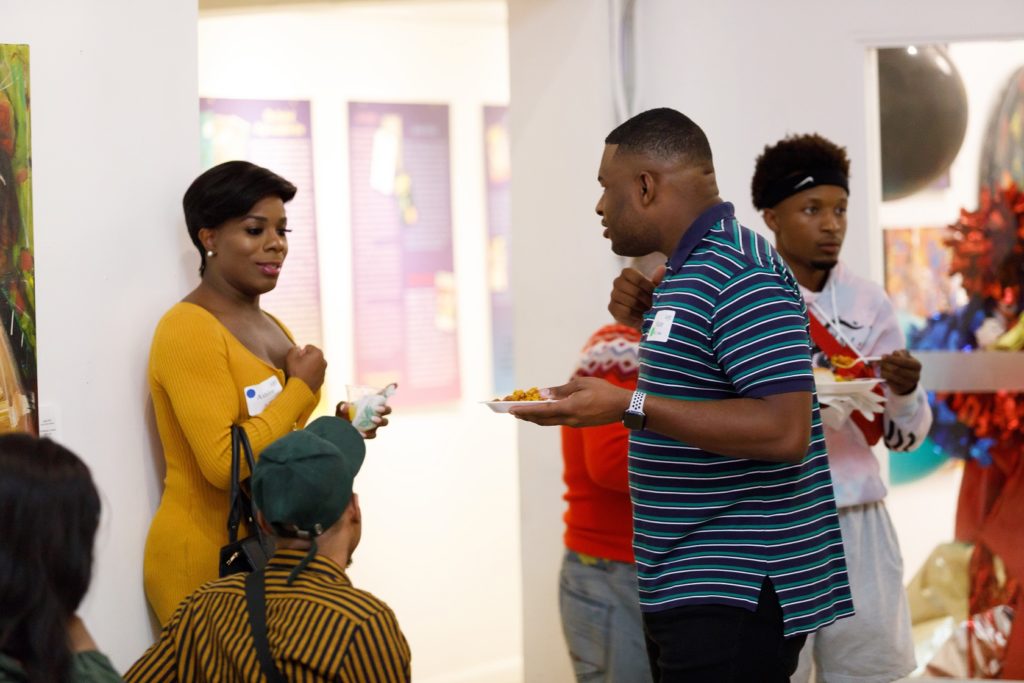
We have come together as a community and supported one another through decades of homophobic and transphobic police brutality, the HIV/AIDS crisis, oppressive federal legislation, and we are still fighting today.
But we also deserve to do more than just fight. LGBT elders, after decades of fighting and often putting their lives on the line in order to live authentically, deserve to live rich and fulfilled lives during their golden years. LGBT elders need to be recognized for the critical roles they hold in our communities as trailblazers, teachers, mentors, and advisors. And in return, they need to be grounded, supported, and engaged by the generations following in their footsteps. This is how we will combat the growing epidemic of loneliness affecting so many in our community.
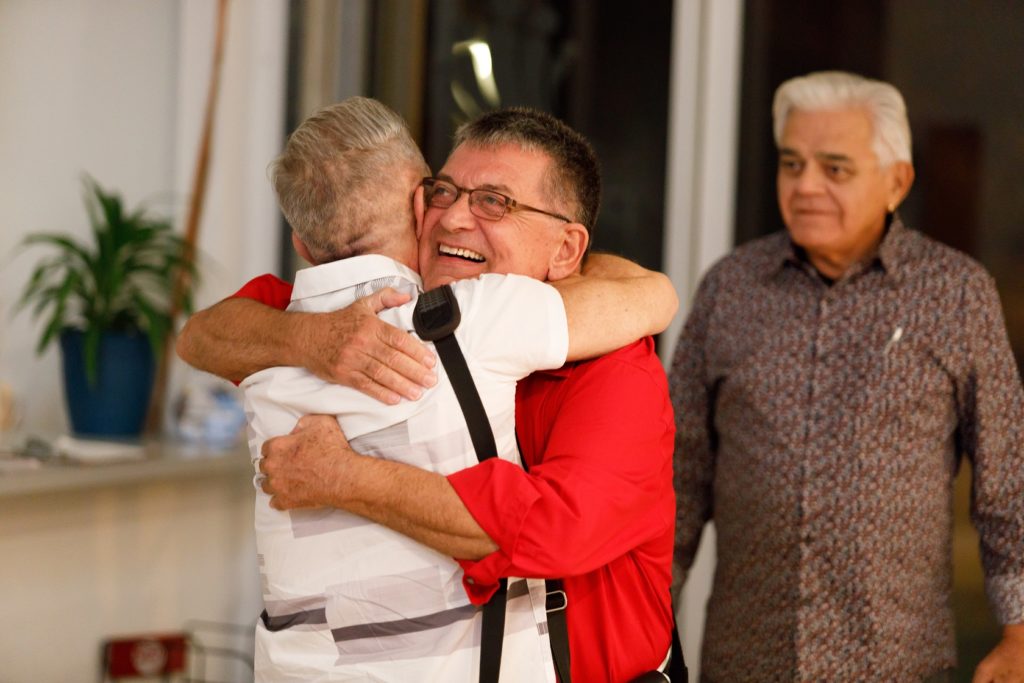
We all have something to learn from each other. And we all need support sometimes. As National Mentoring Month draws to a close, we urge you to seek out opportunities to give your expertise to the community you care about, and to create meaningful intergenerational relationships with those around you.
The opinions expressed in this article are those of the author and do not necessarily reflect those of the Diverse Elders Coalition.

